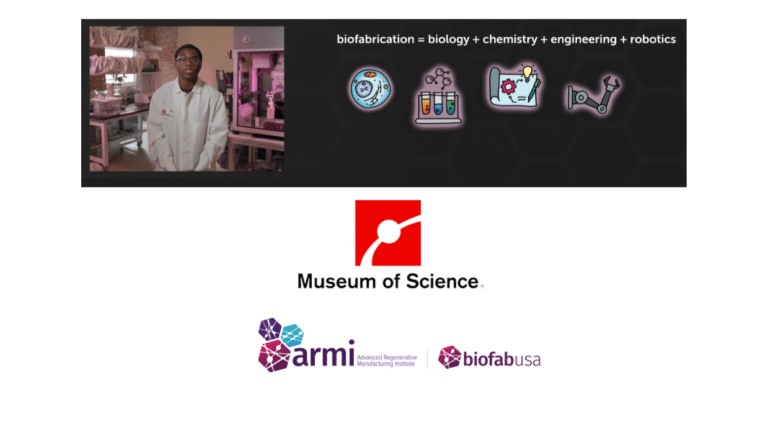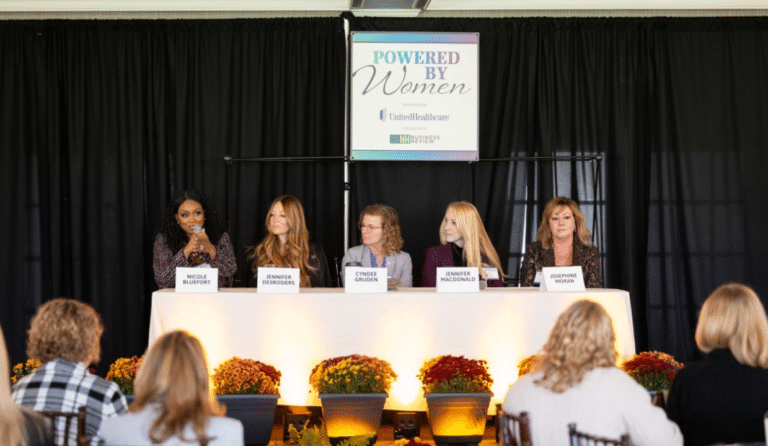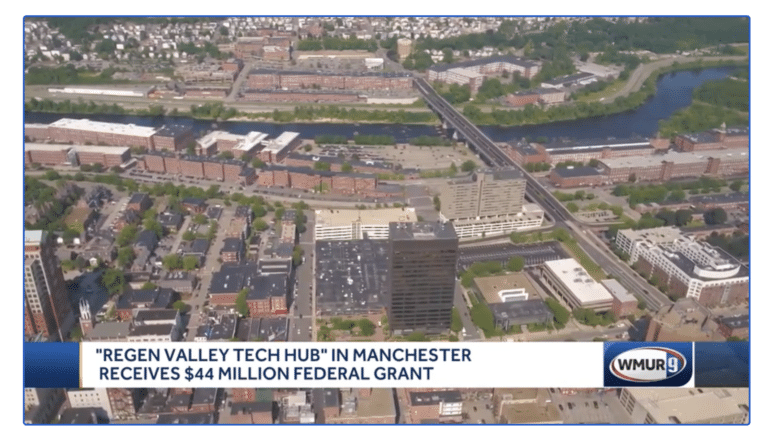TheWell Bioscience Inc., a New Jersey biotech company focused on 3D cell culture, launched VitroINK™, a new series of xeno-free tunable bioink system that requires no UV, no temperature/pH curing or chemical crosslinking in 2020.

3D bioprinting is an emerging technology to construct complex and physiologically relevant multicellular tissue or disease models for regenerative medicine and drug discovery. Despite its significant potential, there are tremendous challenges in cytocompatibility, printability, and adjustable mechanical properties of current bioinks for 3D scaffold fabrication and long-term cell culture. Also, the crossing methods of current bioinks rely on temperature adjustment, chemical reactions, or UV curing, which would cause cell damage during the process.
TheWell Bioscience Inc.’s mission is to accelerate the process of drug discovery and personalized medicine. “Our goal is to fill the gap between 2D studies and animal models with a robust 3D model analysis platform to achieve better efficiency and empower life science research,” said John Huang, CEO and founder of TheWell Bioscience.
“Scientists who currently use our VitroGel™ hydrogel like the ready-to-use and tunability of the products. When we kept receiving requests to transfer the same features to a bioink product we listened,” he said adding, “While our current injectable VitroGel system can cover the elastic modulus range from 10 to 5000 Pa for soft bioprinting to get a higher 3D scaffold structure, a stronger hydrogel was needed. VitroINK was developed to reach a high mechanical strength that is close to GelMA for structure printing.”
The BioFabUSA member’s new bioinks are ready-to-use at room temperature, have greater visibility after printing, and can incorporate multiple bio-functional ligands for different applications.
“Today, there is increasing awareness of the drawbacks of 2D cell culture to predict the complex behavior of a biological system of many different interacting cell types and to reproduce the anatomy or physiology of a tissue for informative or useful study,” noted Huang, adding “3D cell culture models are a more accurate representation of the natural environment experienced by the cells in the living organism, which allows for intercellular interactions with more realistic biochemical and physiological responses.
Cells behave and respond more like they would in vivo to internal and external stimuli, such as changes in temperature, pH, nutrient absorption, transport, and differentiation. Therefore, scientists are shifting their focus from 2D to 3D cell culture in the fields of drug screening, tissue engineering, preclinical study, cell therapy and basic cell biological study.
TheWell Bioscience provides research enabling products and services for 3D cell culture, drug screening, and tissue engineering for pre-clinical applications. The company also uses its advanced biomaterial as an injectable carrier to improve cell therapy and drug screening, tissue engineering, preclinical study, cell therapy and basic cell biological study.
“The new system from TheWell Bioscience can solve many issues,” Huang said, adding, “Due to the unique shear-thinning and rapid recovery mechanical property, our VitroINK can maintain the printed structure after extrusion without UV or other special curing methods. Simply adding the cell culture medium after printing can further stabilize the printed structure and support cell growth. With the biocompatible features and the capabilities of biofunctional modifications, VitroINK can be a powerful tool to advance 3D bioprinting for research and pharmaceutical applications as it is compatible with many popular bioprinters in the market.”
Huang concluded by noting, “We are eager to work with members of the BioFabUSA community. TheWell looks forward to hearing from like-minded professionals who are ready to solve the many issues in Bioprinting.”






